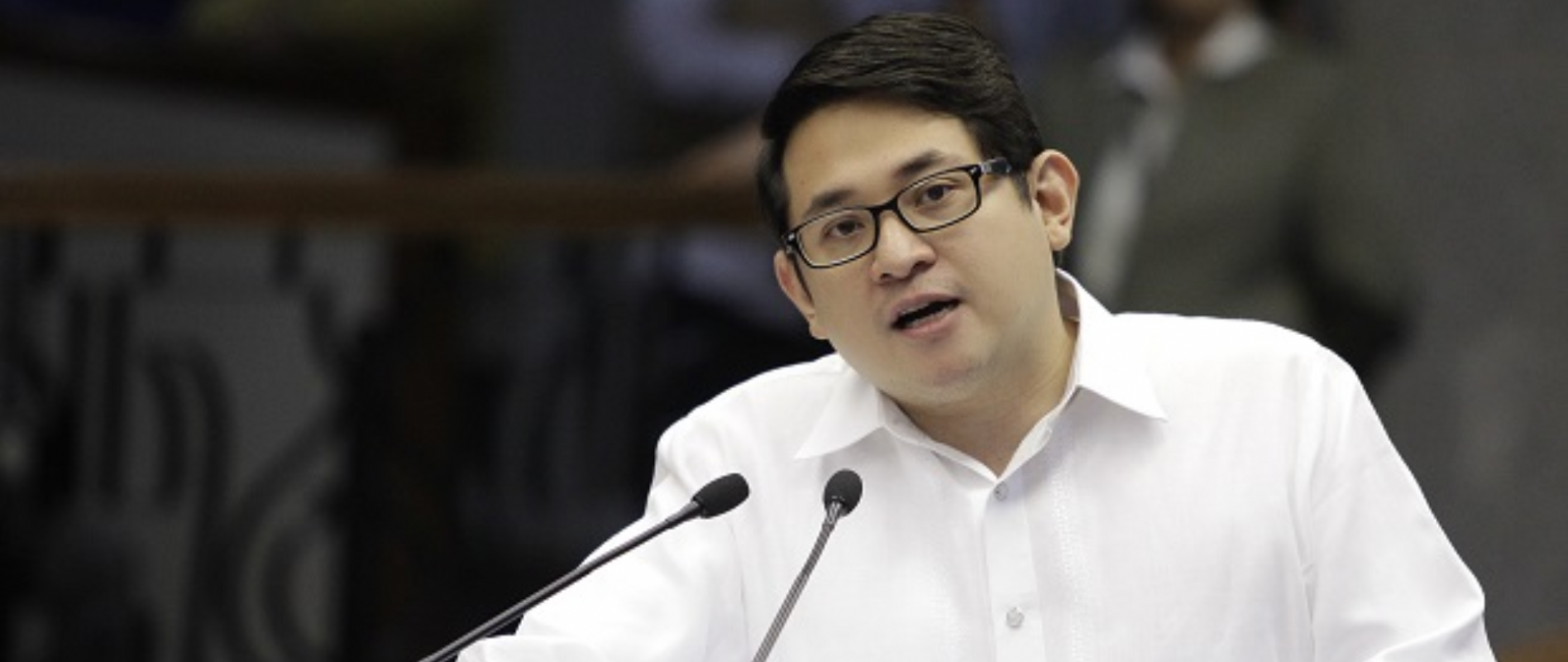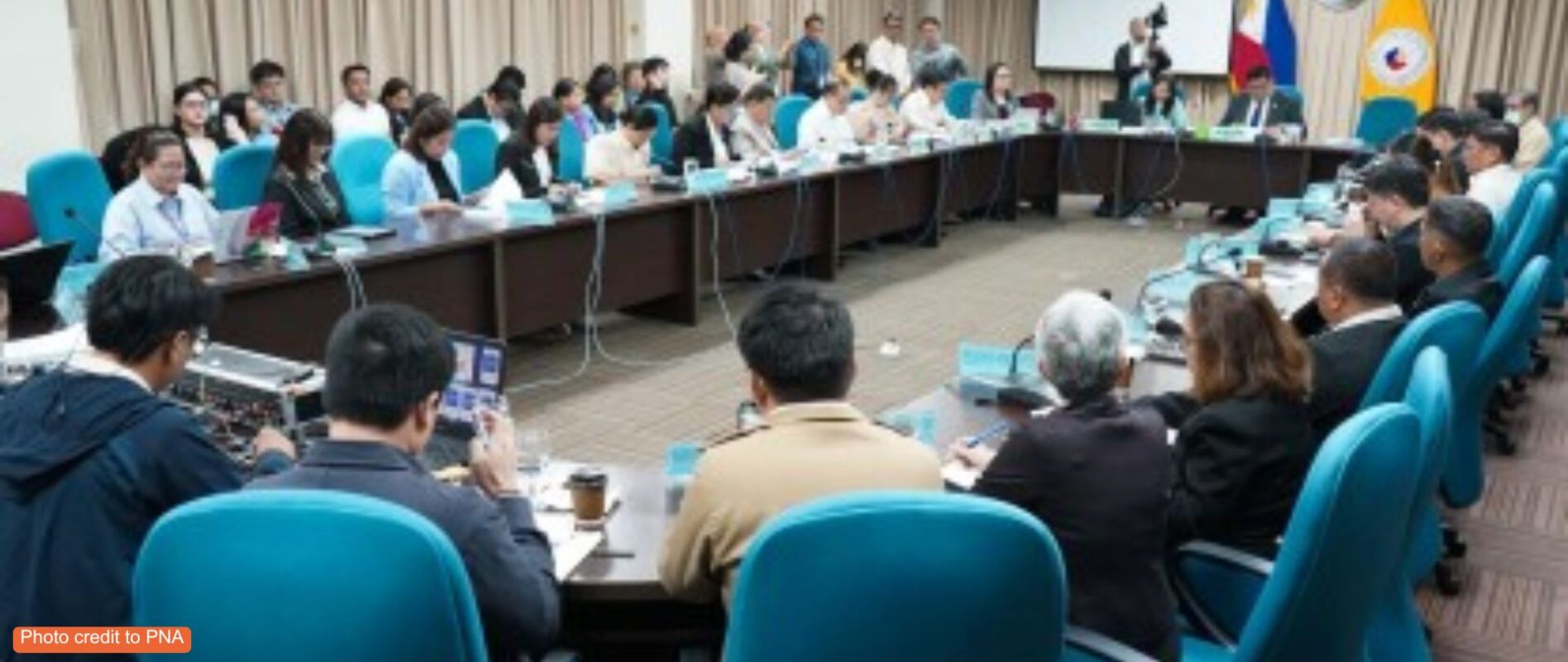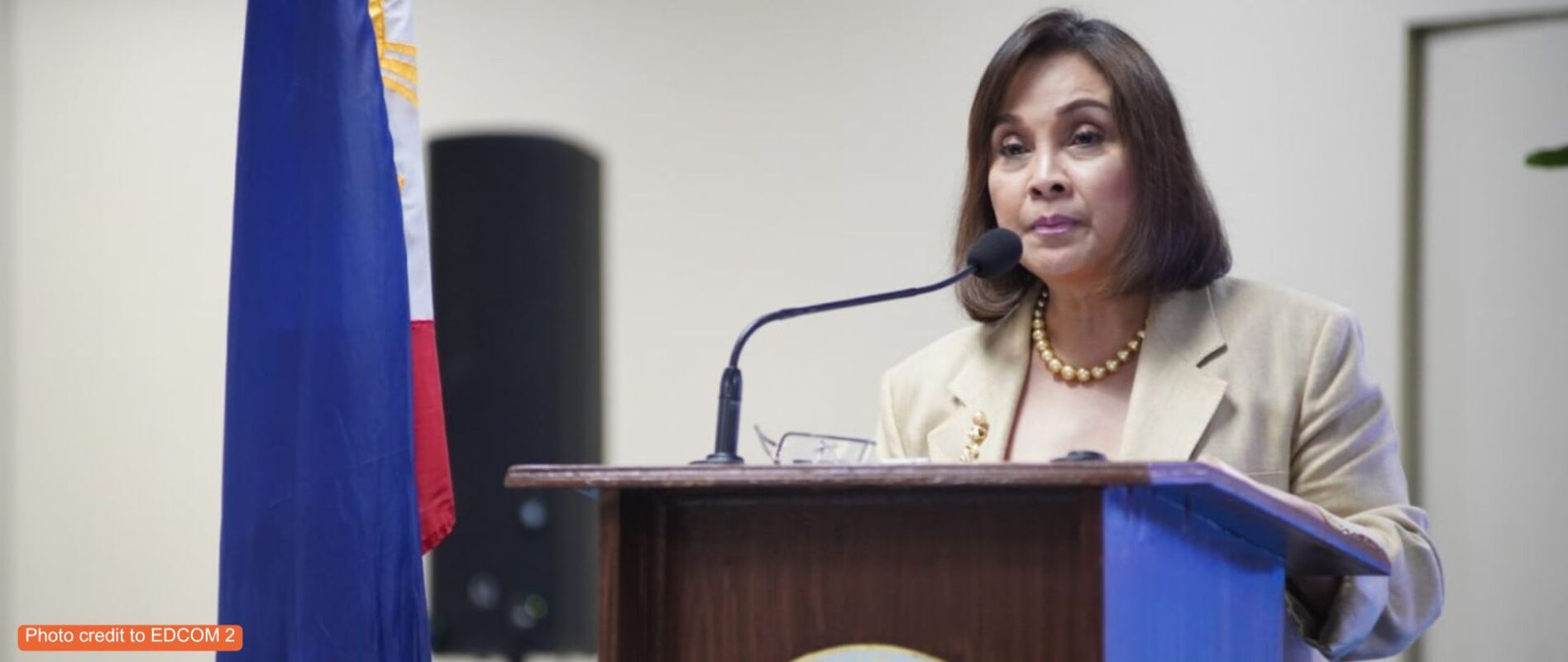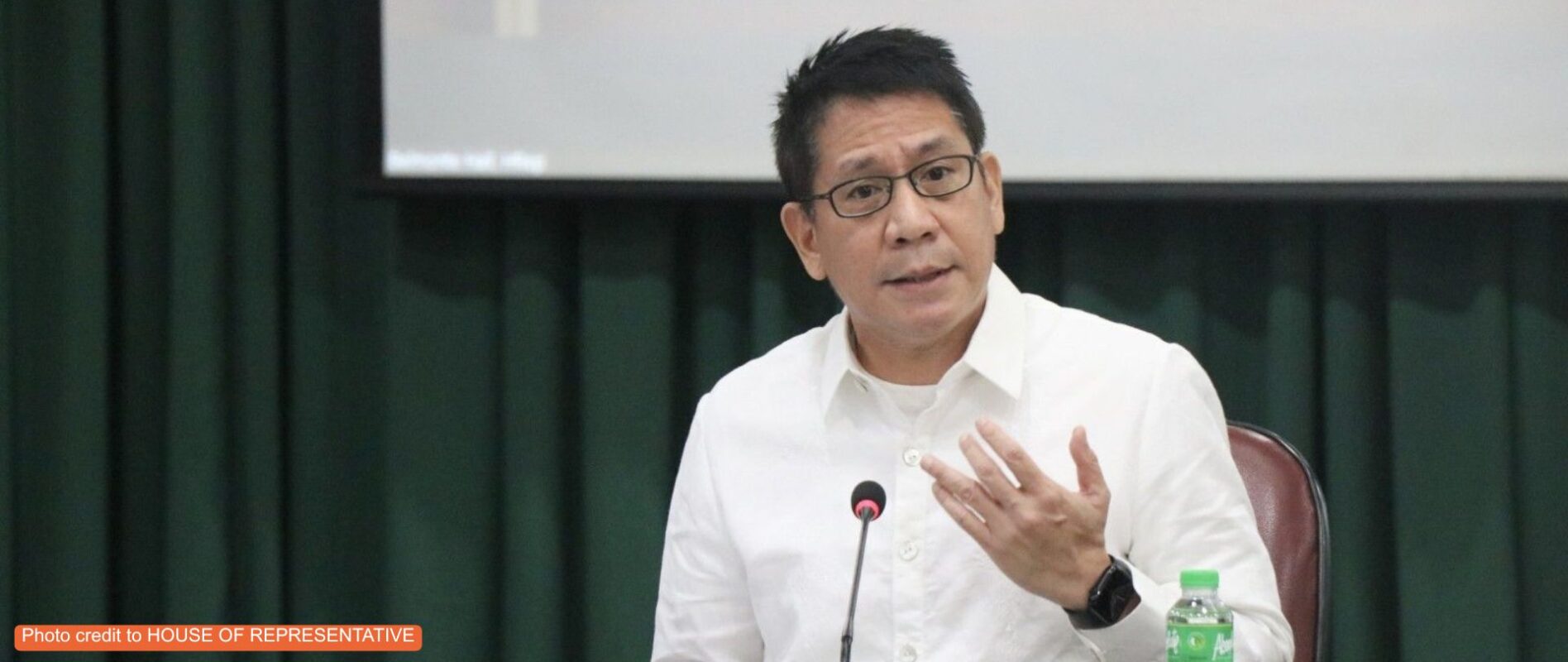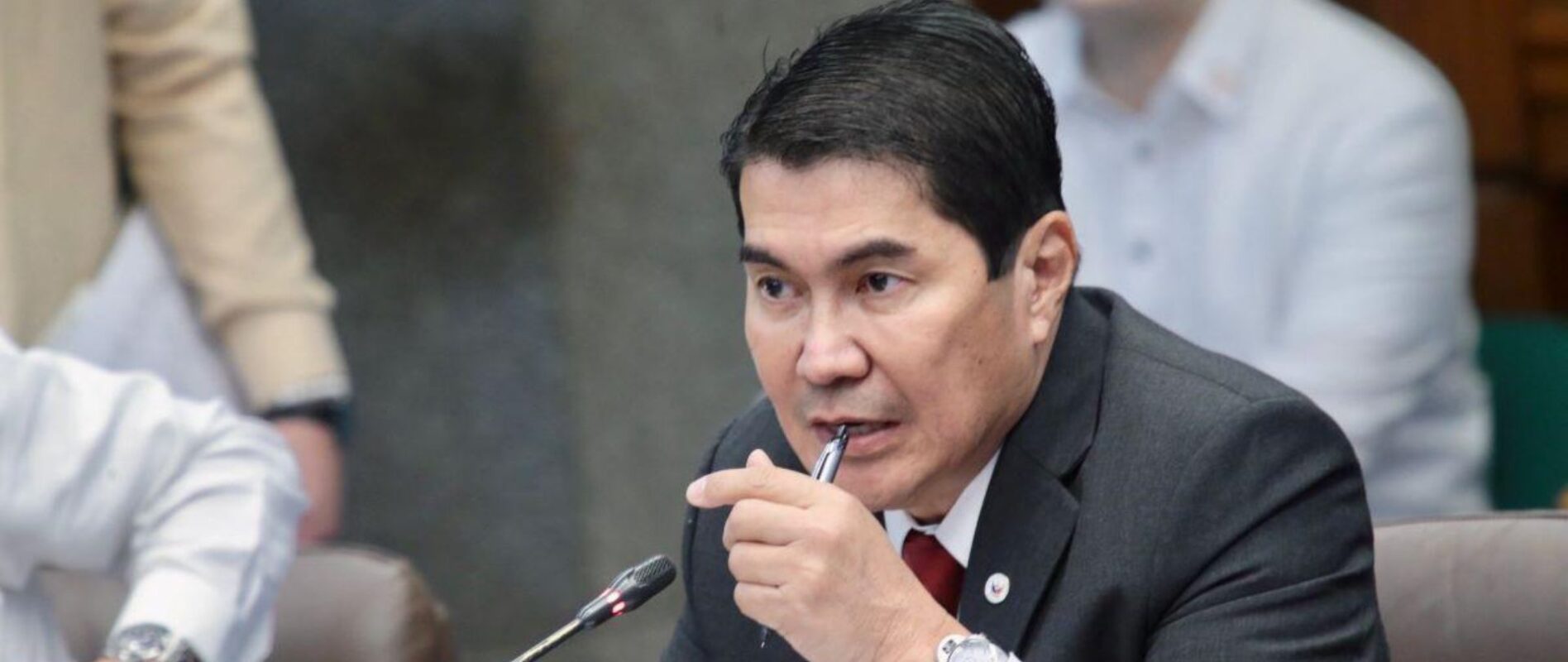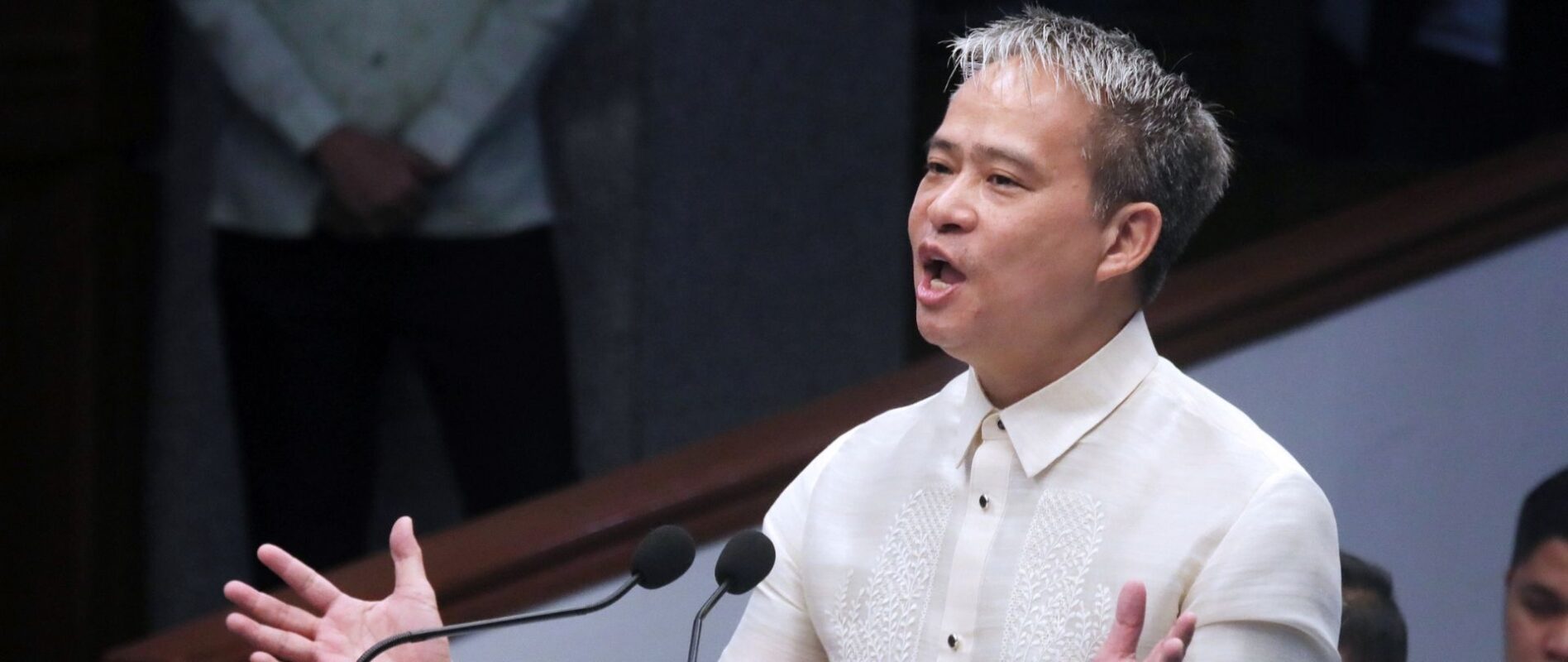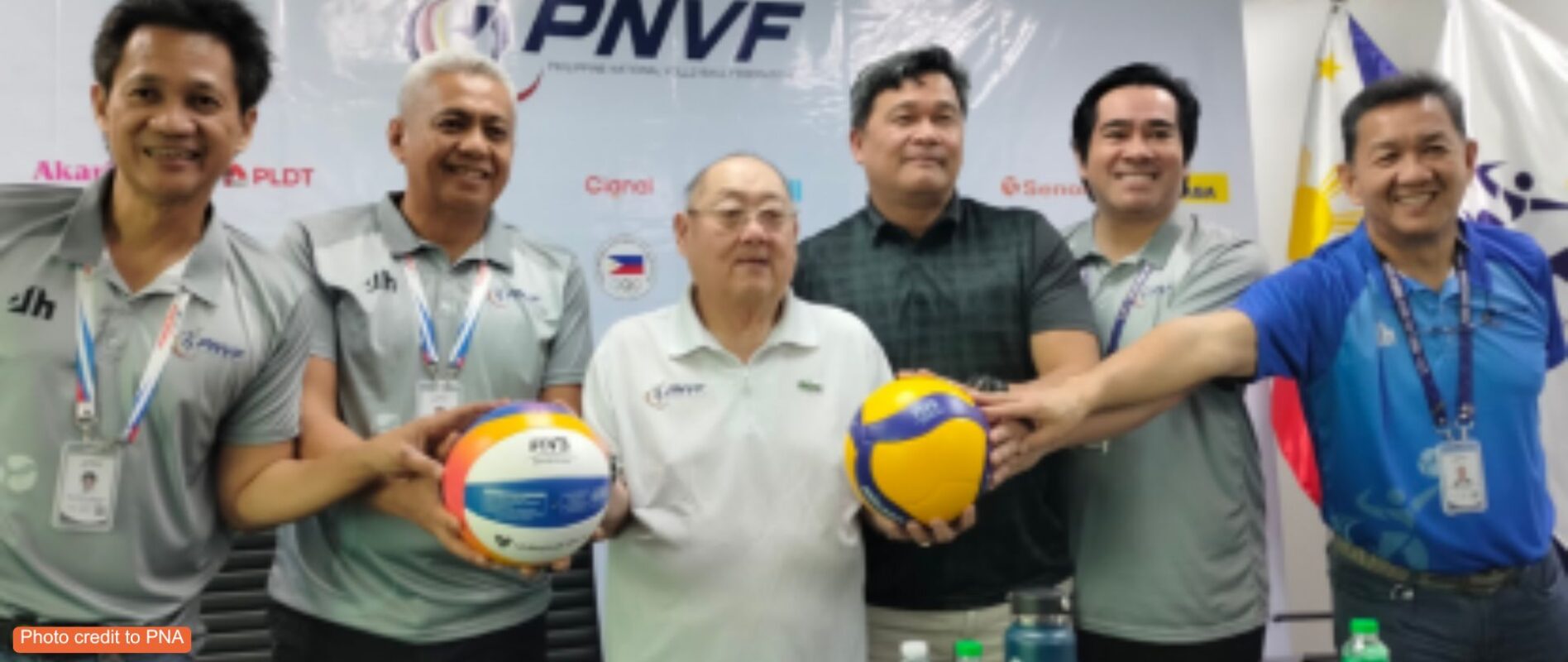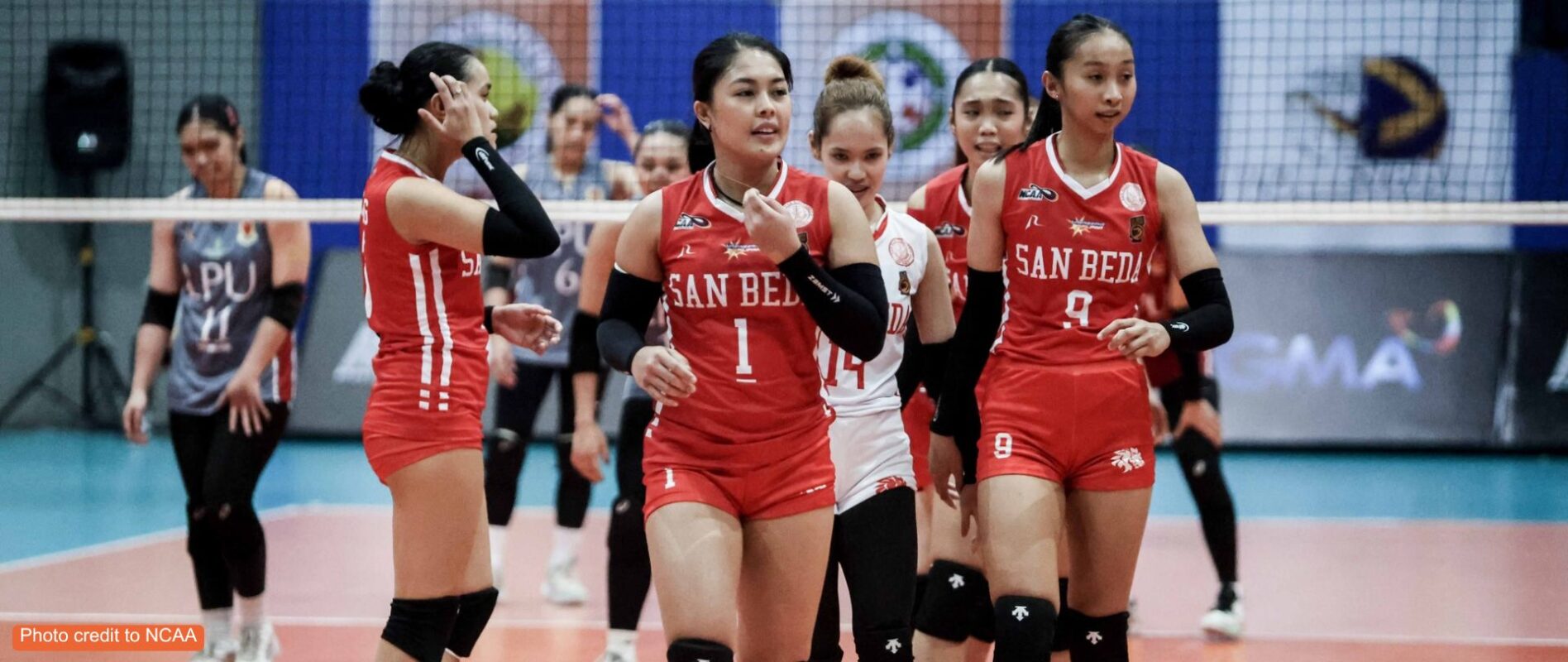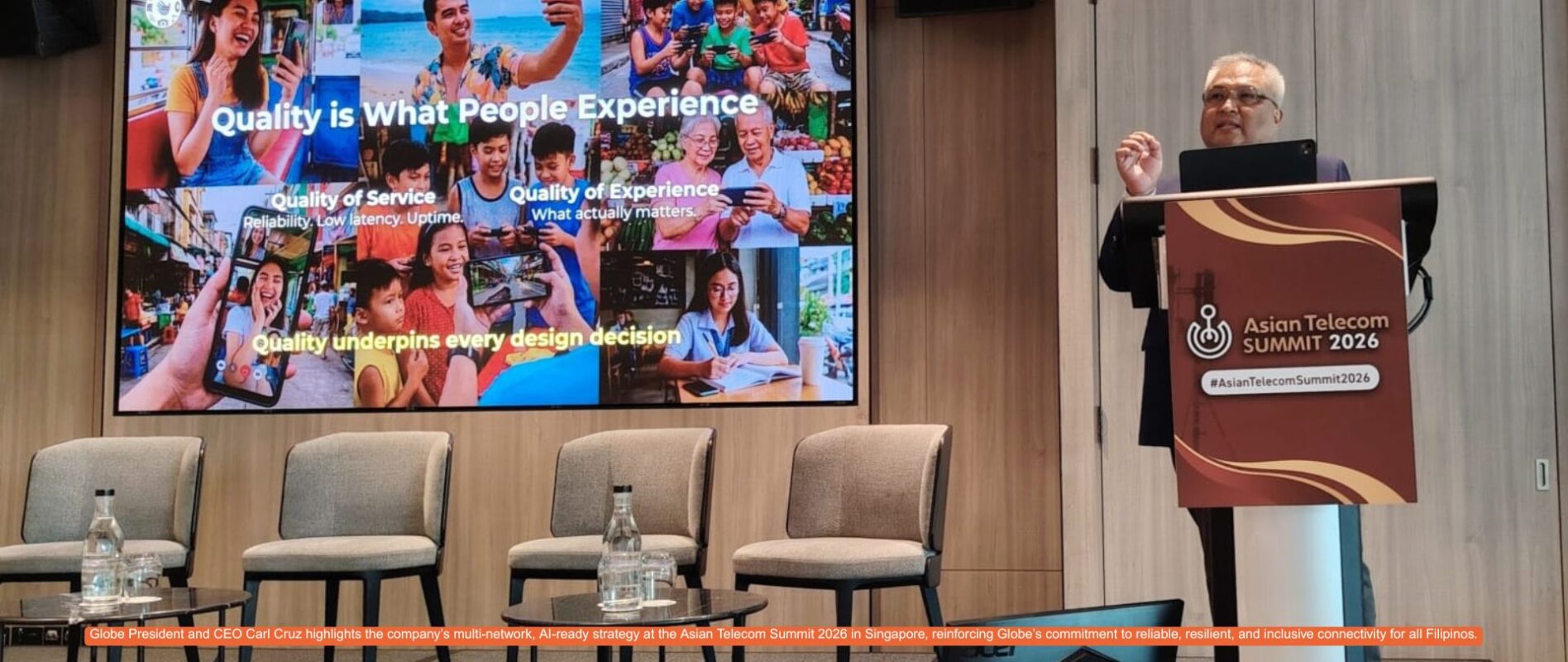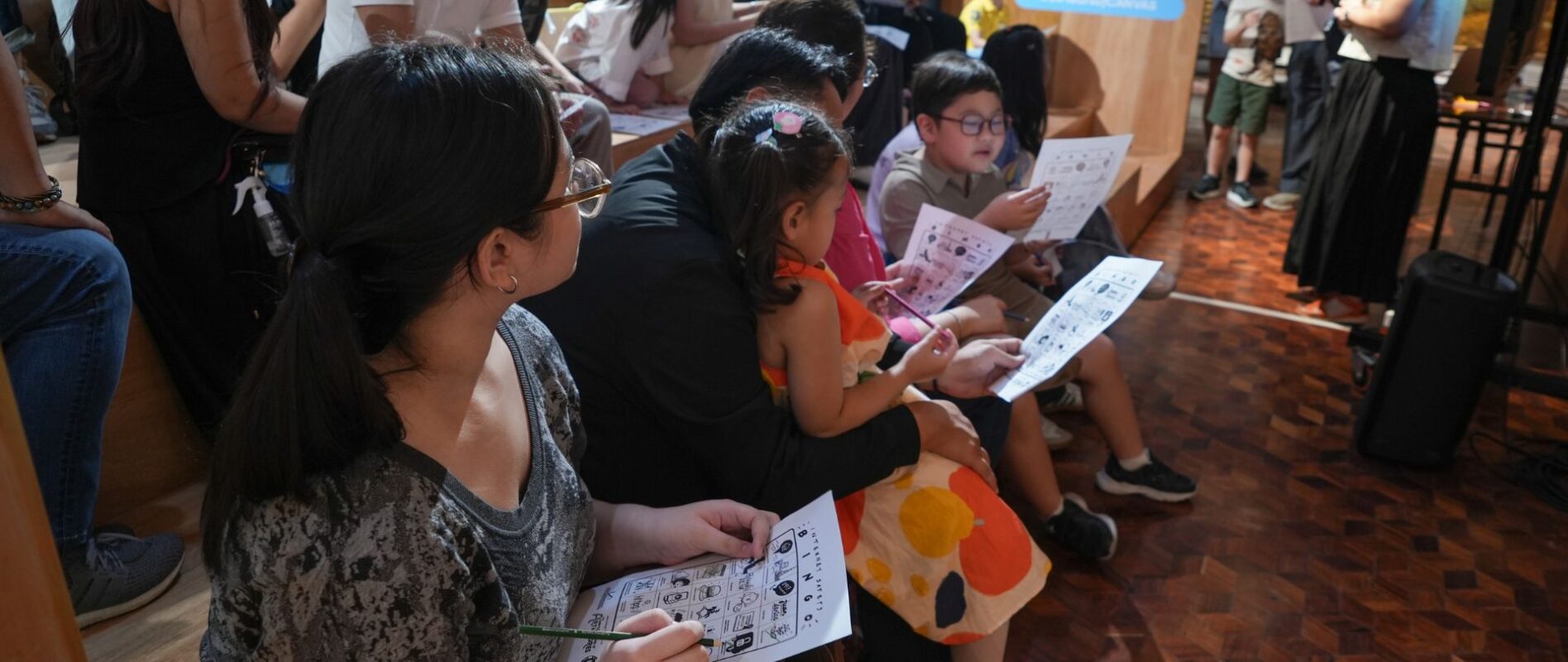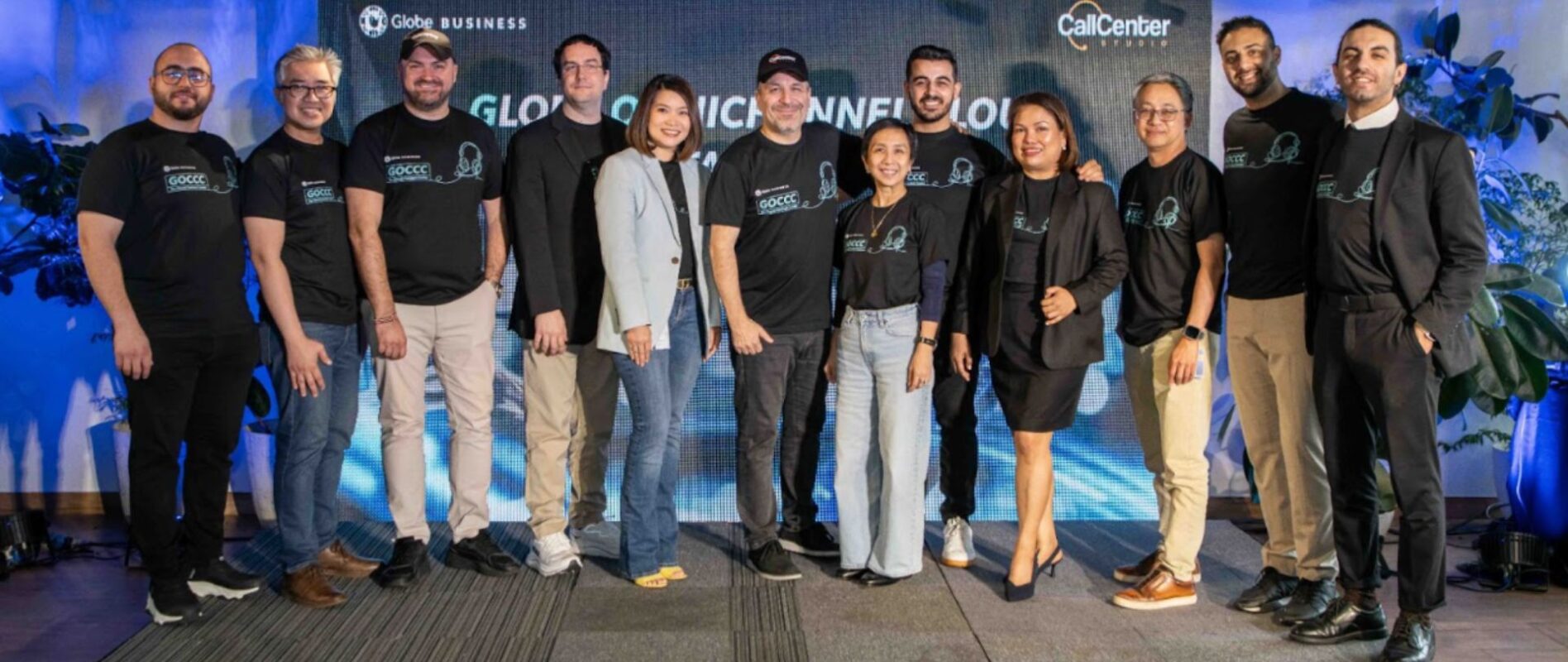LAWMAKER PRESSES GOV’T TO FULLY IMPLEMENT FREE WIFI LAW IN SCHOOLS
SENATOR Bam Aquino urged the government to ensure the full implementation of the Free Internet Access in Public Places Act or RA 10929, stressing that affordable and reliable internet is now a basic necessity, especially in public schools.
In a privilege speech, Aquino lamented the slow rollout of free internet despite the law being enacted in 2017.
“It has been almost a decade since we passed the Free WiFi in Public Places Act. Yet in 2025, millions of Filipinos remain offline, and too many schools still have no reliable internet connection,” he said.
Citing government data, Aquino noted that as of March 2025, only about 18,000 Free WiFi sites have been activated, with fewer than 3,000 in public schools.
He also flagged inconsistencies in the Department of Information and Communications Technology’s shifting targets—initially 250,000 access points by 2022, later reduced to 104,000, and now down to 30,000.
“This lack of clarity raises serious questions about implementation. We need to know where the billions of pesos allocated for Free WiFi have gone, and when all public schools will finally be connected,” Aquino said, noting that nearly 12,000 schools still lack internet access.
The senator also stressed the economic burden internet costs place on Filipino families. According to the 2024 National ICT Household Survey, the average household spends over ₱1,000 monthly on internet, with affordability cited as the main barrier.
In ASEAN, the Philippines ranks near the bottom in affordable connectivity, he added.
Aquino further noted that in some schools, unreliable DICT-provided WiFi forces administrators to divert Maintenance and Other Operating Expenses (MOOE) funds to pay for separate connections.
“That money should be used for classroom repairs and teaching materials—not to pay for internet that should already be free by law,” he said.
He emphasized that connectivity is vital for education, particularly as Congress pushes the proposed E-Textbook Para sa Lahat Act.
“With free WiFi, every student can access learning materials from day one of classes, even if physical textbooks arrive late,” he said.
Aquino assured the public that the Senate Committee on Science and Technology, which he chairs, will use its oversight powers to review DICT and DepEd programs, probe delays, and push for reliable, fast, and affordable internet nationwide.
“Access to the internet in 2025 is not a luxury—it is a necessity,” Aquino declared. “Our goal must be a Philippines where every Filipino, especially our teachers and students, can connect to free or affordable, fast, and reliable internet.”

